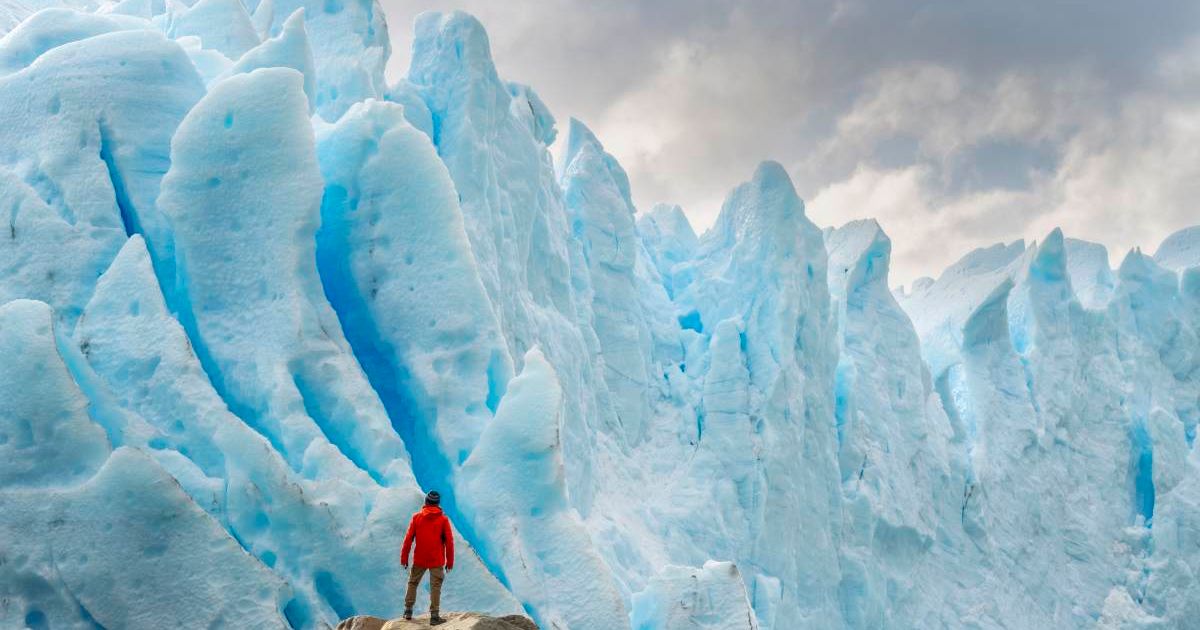Climate scientists have raised concerns about Earth’s natural “self-cooling” system going into overdrive. Our planet has a built-in mechanism that regulates temperatures by pulling carbon dioxide from the atmosphere through rock weathering. This process helps keep Earth from overheating, but some experts now warn it could swing too far in the opposite direction.

What Is Earth’s Self-Cooling System?
Earth’s self-cooling system relies on the chemical weathering of rocks. When rainwater mixes with carbon dioxide, it forms carbonic acid. This weak acid breaks down rocks, pulling CO2 from the air and storing it underground. Over millions of years, this has balanced global temperatures and prevented runaway warming.
Could We Accidentally Trigger an Ice Age?
Experts now caution that if this cooling system accelerates too much, it could remove excessive CO2, drastically cooling the planet. In extreme cases, this could even spark another ice age, similar to those that froze Earth in the distant past. While this scenario is unlikely in the near term, it highlights the delicate balance of Earth’s climate systems. Understanding these natural processes is crucial as we look for solutions to today’s climate crisis.
Sources: Green Matters
















